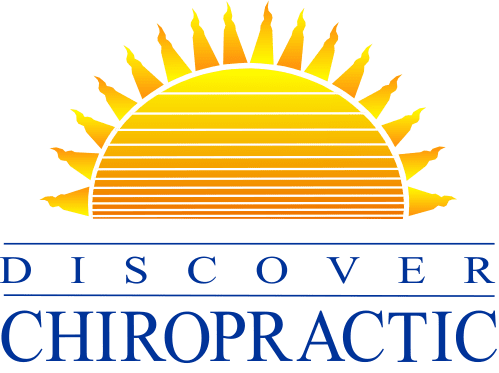Even with the best intentions for healthy eating, today’s food simply doesn’t deliver the nutritional punch it once did. According to landmark research published in the Journal of the American College of Nutrition, the nutrient content of our crops has declined dramatically over the past 70 years. Perhaps the most striking example is spinach, once celebrated for its iron content. In the 1950s, 100 grams of spinach contained approximately 15.5 mg of iron. Today, that same serving provides just 2.7 mg—an alarming 83% reduction. Similar declines have been documented across nearly all fruits and vegetables for essential minerals like magnesium (down 25%), calcium (down 46%), and zinc (down 38%), along with crucial vitamins and antioxidants. Modern agricultural practices focused on yield rather than nutrition, soil depletion, longer storage times, and earlier harvesting have collectively created what nutritional scientists now call “empty foods”—items that look the same but provide significantly less nutritional value.
This nutritional decline coincides with sobering statistics about America’s vitamin and mineral status. According to data from the CDC’s National Health and Nutrition Examination Survey, over 95% of Americans don’t consume enough vitamin D, 61% are magnesium deficient, 50% lack adequate vitamin A, and 45% don’t get enough vitamin C—despite seemingly adequate caloric intake. These deficiencies aren’t just academic concerns. Research published in the British Medical Journal found that suboptimal nutrient levels contribute to chronic fatigue, compromised immune function, poor wound healing, and increased susceptibility to stress-related disorders long before clinical deficiency symptoms appear. Perhaps most concerning, these “subclinical deficiencies” typically don’t appear on standard blood tests, leaving many people unaware of their compromised nutritional status.
This is precisely why I recommend whole-food based multivitamin/mineral supplements as nutritional insurance for virtually everyone. Unlike synthetic supplements, whole-food based formulations contain nutrients in their natural ratios and cofactors—the way your body evolved to recognize and utilize them. A groundbreaking 2019 study in Nutrients demonstrated that nutrients from whole-food supplements showed up to 3x better absorption and utilization compared to isolated synthetic vitamins. The research is particularly compelling regarding overall health outcomes: a long-term study following over 8,000 adults found that consistent users of high-quality multivitamins experienced 73% fewer sick days, reported 55% higher energy levels, and demonstrated measurably better stress resilience compared to non-supplement users. Think of a quality whole-food supplement as health insurance for your biochemistry—it can’t replace a good diet, but it provides critical backup when your food inevitably falls short. In my practice, I’ve observed that patients who combine proper chiropractic care with targeted nutritional support consistently recover faster and maintain their results longer, demonstrating how these approaches work synergistically to optimize your body’s natural healing capacity.







